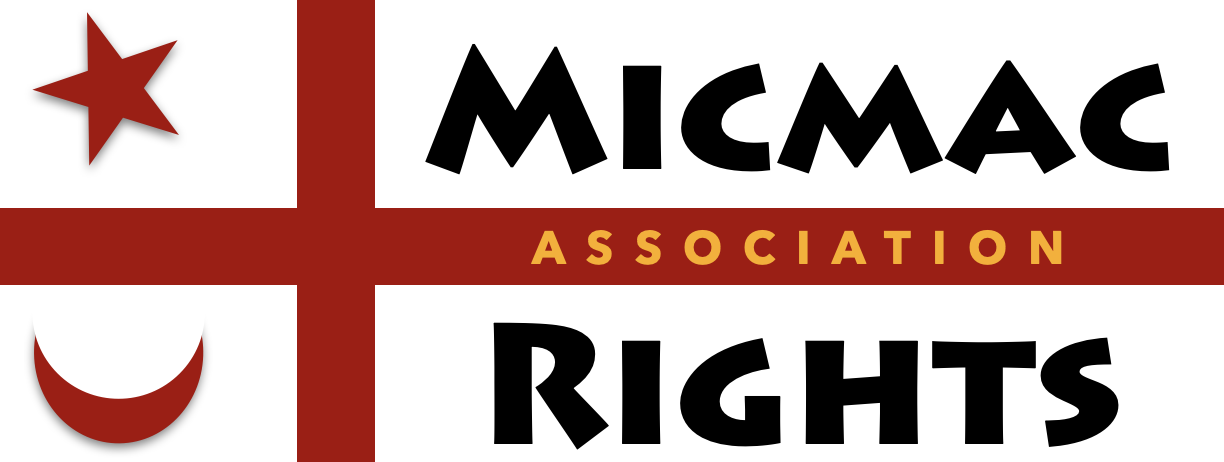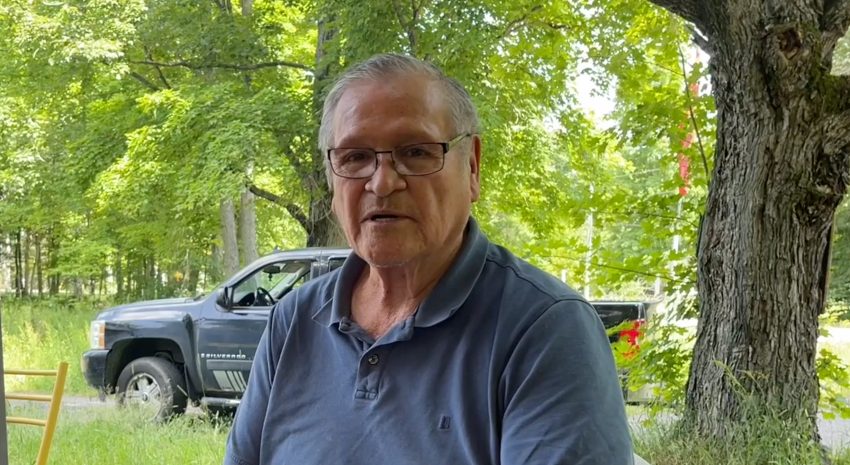MILLBROOK FIRST NATION – Chief Del Riley, the former head of the National Indian Brotherhood and a key figure in negotiating the sections of the Canadian constitution that protect Indigenous rights, will be visiting Millbrook First Nation in the spring of 2022. Chief Riley was planning a visit in early January, but the trip was delayed due to the Omicron Covid-19 surge. Instead, Chief Riley wrote a letter to Millbrook First Nation Chief Bob Gloade, and made a presentation to the Band Council concerning the Aboriginal right to cannabis.
Chief Riley’s many decades of experience in Indigenous politics began with the Union of Ontario Indians and the National Indian Brotherhood at a time when it had only recently become legal for Indians to hire a lawyer to fight for their rights. As the President of the National Indian Brotherhood, Chief Riley played a critical role in negotiating Sections 25 and 35 of the Canadian Constitution which guarantee that Canada will respect Aboriginal and Treaty Rights.
Since 2019, Chief Riley has been involved in supporting the right of traditional Indigenous peoples to cannabis. Chief Riley has held rallies and gone on speaking tours in a number of communities including Aundeck Omni Kaning, Atikmeksheng, Batchewana First Nation, Garden River, Henvey Inlet / French River, Oneida, Sagamok, Shawanaga, Six Nations, Wahta and Wikiwemikong. Chief Riley has also met with the Ontario Provincial Police and the Anishinabek Police Services to inform them about their Constitutional obligations to respect Aboriginal and Treaty rights.
What brings Chief Riley to Millbrook First Nation is the RCMP’s continued violation of Indigenous rights. Indigenous dispensary owners have had their shops raided and their medicines and monies stolen – removed from the reserve in violation of Section 89 of the Indian Act – and concerns persist over potential future raids on both tobacco and cannabis shops. In addition, the Millbrook First Nation has also announced that it is considering the creation of its own cannabis laws.
Chief Riley’s basic argument is clearly articulated in a discussion he had with Rob Stevenson of Medicine Wheel Natural Healing in Alderville First Nation (view part one, and part two). Chief Riley contends that Indigenous people have the inherent right to an economy and to the use of plant based medicines. The Mi’kmaq made peace and friendship treaties with the British Crown, and remain allies to the Crown, not subjects to it. The treaties were “introductions” between the parties, not surrenders.
Because Band Councils are the creation of Sir John A. Macdonald’s Indian Act, Chief Riley points out that they have no jurisdiction or right to regulate cannabis, and the real authority lies in the hands of the traditional people. The rebuilding of traditional forms of governance and the exertion of sovereignty outside of the Indian Act is thus key to Chief Riley’s vision for the future of cannabis on Indigenous lands.
For more information about the tour, email info@micmacrights.com.

